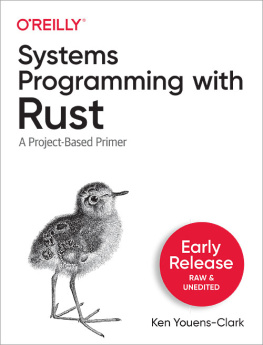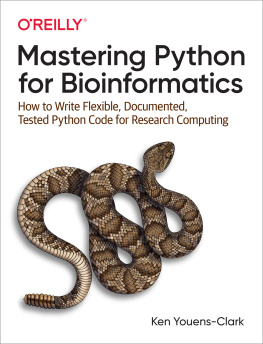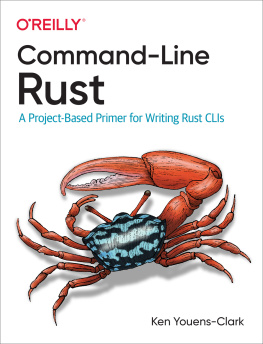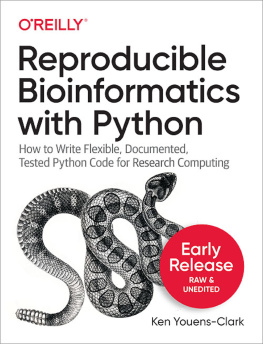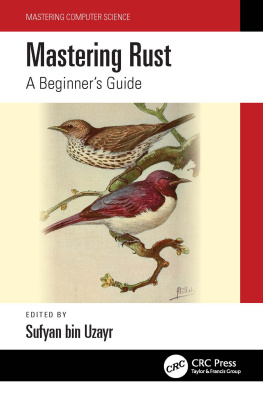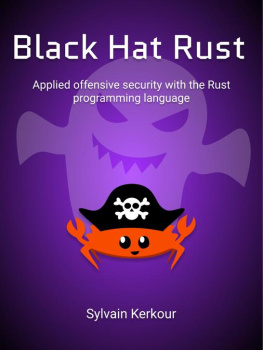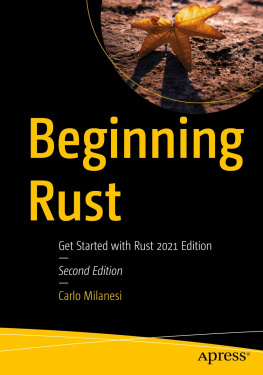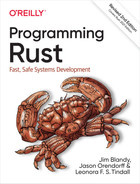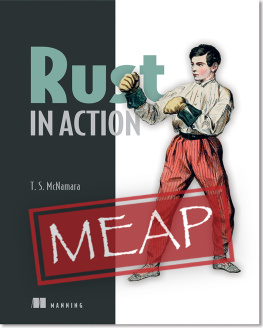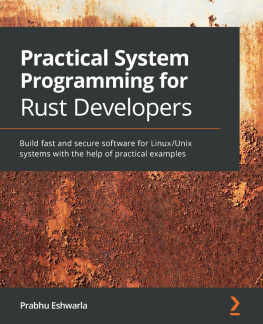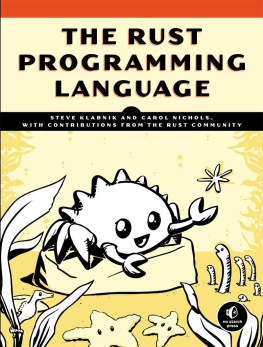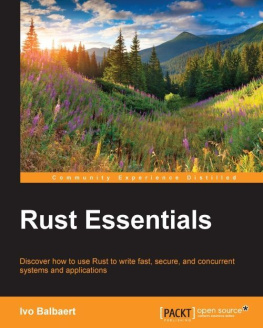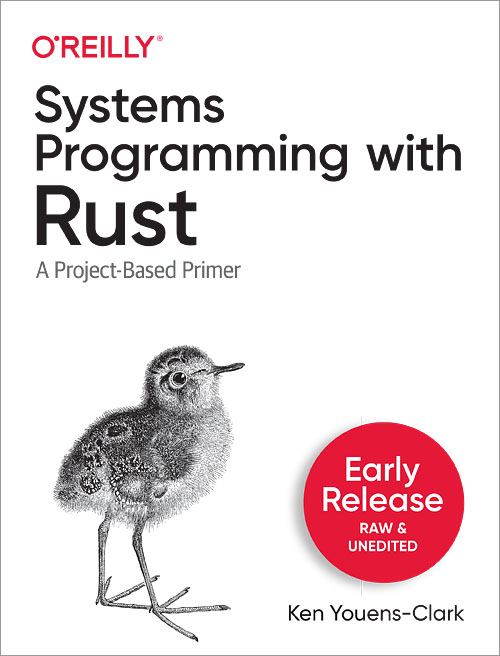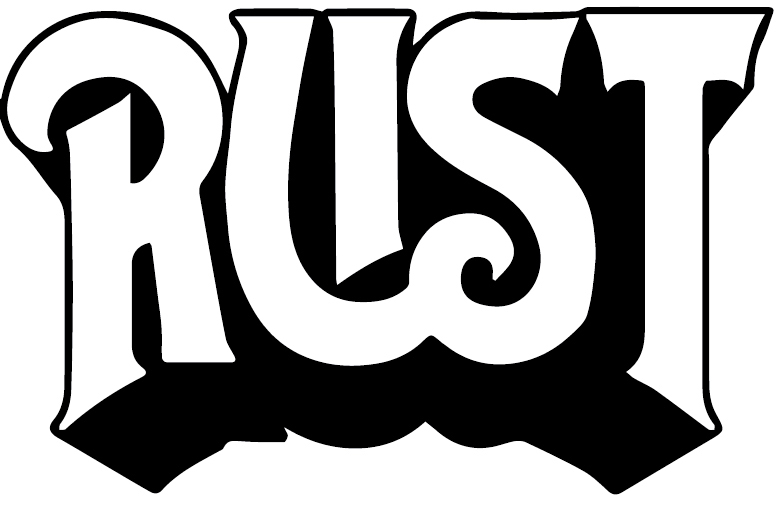Ken Youens-Clark - Systems Programming with Rust: A Project-Based Primer
Here you can read online Ken Youens-Clark - Systems Programming with Rust: A Project-Based Primer full text of the book (entire story) in english for free. Download pdf and epub, get meaning, cover and reviews about this ebook. year: 2022, publisher: OReilly Media, genre: Computer. Description of the work, (preface) as well as reviews are available. Best literature library LitArk.com created for fans of good reading and offers a wide selection of genres:
Romance novel
Science fiction
Adventure
Detective
Science
History
Home and family
Prose
Art
Politics
Computer
Non-fiction
Religion
Business
Children
Humor
Choose a favorite category and find really read worthwhile books. Enjoy immersion in the world of imagination, feel the emotions of the characters or learn something new for yourself, make an fascinating discovery.
- Book:Systems Programming with Rust: A Project-Based Primer
- Author:
- Publisher:OReilly Media
- Genre:
- Year:2022
- Rating:3 / 5
- Favourites:Add to favourites
- Your mark:
Systems Programming with Rust: A Project-Based Primer: summary, description and annotation
We offer to read an annotation, description, summary or preface (depends on what the author of the book "Systems Programming with Rust: A Project-Based Primer" wrote himself). If you haven't found the necessary information about the book — write in the comments, we will try to find it.
For several consecutive years, Rust has been voted most loved programming language in Stack Overflows annual developer survey. This open source systems programming language is now used for everything from game engines and operating systems to browser components and virtual reality simulation engines. But Rust is also an incredibly complex language with a notoriously difficult learning curve.
Rather than focus on the language as a whole, this guide teaches Rust using a single small, complete, focused program in each chapter. Author Ken Youens-Clark shows you how to start, write, and test each of these programs to create a finished product. Youll learn how to handle errors in Rust, read and write files, and use regular expressions, Rust types, structs, and more.
Discover how to:
- Use Rusts standard libraries and data types such as strings, vectors, dictionaries, and sets to create systems programs
- Write and test Rust programs and functions
- Read and write files, including stdin, stdout, and stderr
- Document and validate command-line arguments
- Write programs that fail gracefully
- Parse raw and delimited text as well as Excel data
- Use and control randomness
Ken Youens-Clark: author's other books
Who wrote Systems Programming with Rust: A Project-Based Primer? Find out the surname, the name of the author of the book and a list of all author's works by series.

